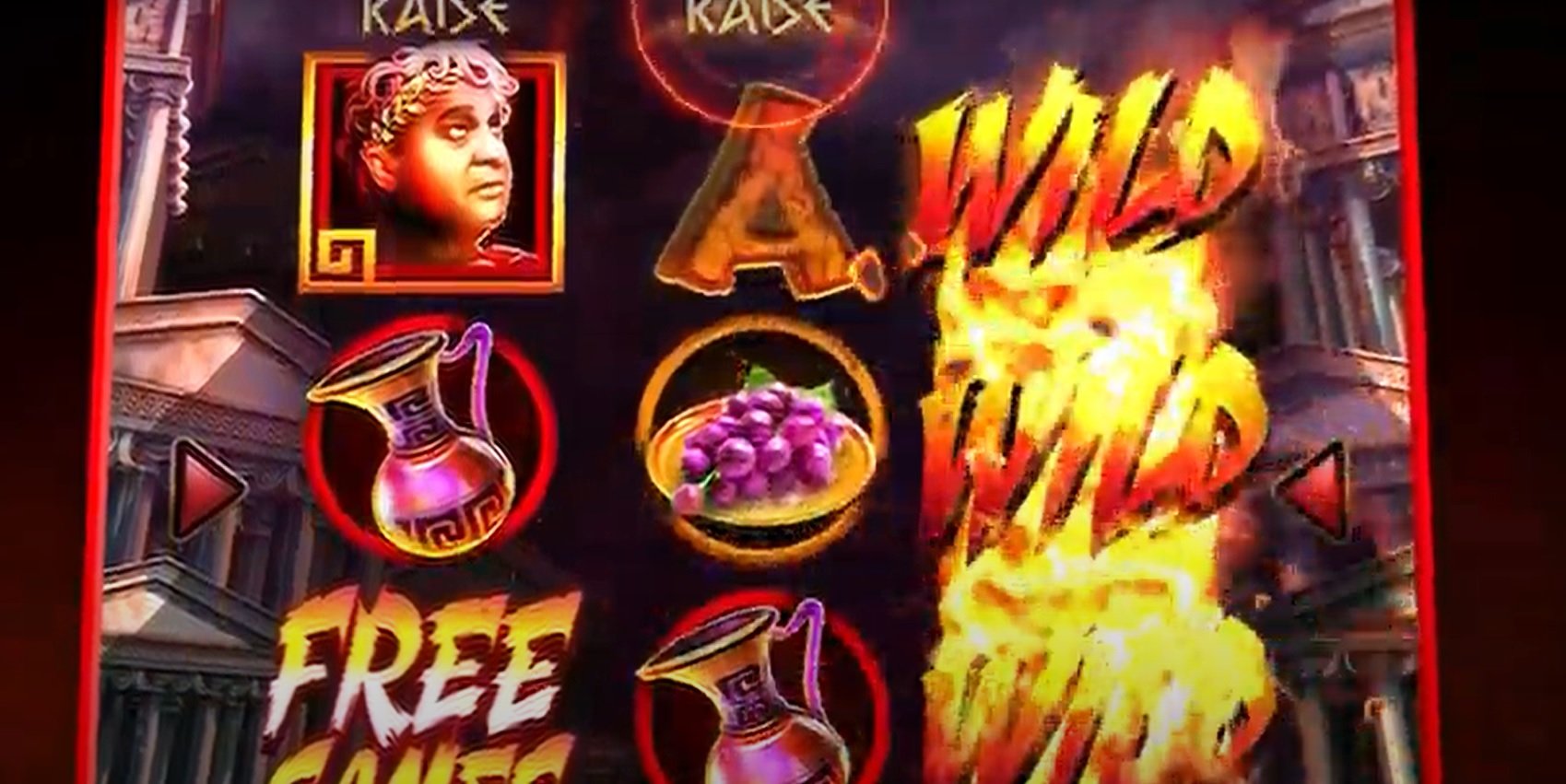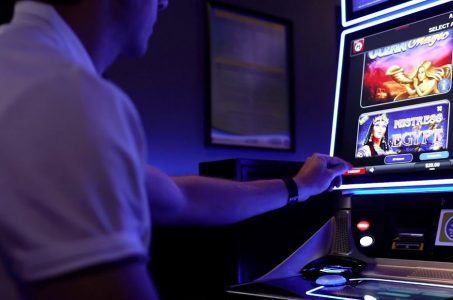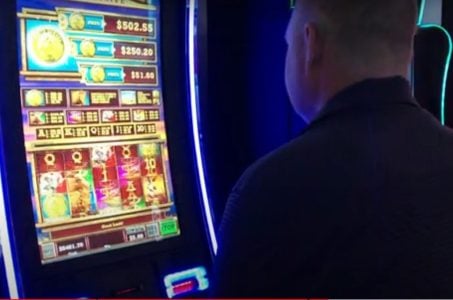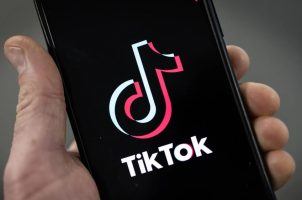Gaming Tech Companies Settle Alleged Hacking, Copyright Infringement Dispute
Posted on: November 30, 2020, 03:11h.
Last updated on: November 30, 2020, 03:47h.
A South Carolina-based gaming technology company has settled out of court with the North Carolina-based competitor it accused of selling hacked versions of its games, Biz Journals reports.

Greenville-based Grover Gaming and its sister company, Banilla Games, sued TNT Amusements, of Burlington in a federal court in November of last year.
The lawsuit accused TNT of using “unknown software” to hack and copy Grover’s Fusion Package of games before selling pirate copies on the open market at a lower price than the original.
Trade Secrets Hacked Claim
The Fusion Package consists of five electronic slots-style games in one standalone gaming cabinet sold through Banilla, which is Grover’s exclusive distributor. All Grover games are created, designed, developed, and manufactured in-house. The Fusion Package is employed primarily for businesses operating in the Georgia Lottery’s coin-operated amusement machine (COAM) market.
COAM’s are licensed and regulated gaming machines that are like slots, but with greater elements of skill, and they do not offer cash prizes. Instead, winning players receive vouchers that can be used to buy products in the establishment where the COAM is located.
According to the lawsuit, in early 2019, a former client of the plaintiff, Joshua Askew, was approached by TNT and asked if he wanted to purchase a “copy” of the Fusion Package. TNT allegedly acknowledged to Askew it was a “hacked” version of Grover’s games board.
Askew later visited the TNT offices, where he recorded a conversation with the company’s representatives as they tried to sell him three or more Fusion Packages for $5,000 apiece, a saving of more than $4,000 on the original.
Askew brought the TNT Fusion Packages to Grover so Grover could determine whether TNT had hacked its games. It found they were identical to its own games.
‘No Valid Copyright’
But in a response filed in January, TNT denied all the allegations. It claimed it had not misappropriated any of Grover’s and Banilla’s trade secrets because the companies “lack valid copyright registrations for the intellectual property rights asserted, or have not properly or timely registered such works.”
“At all times, Defendant acted in good faith and in a commercially reasonable and lawful manner,” TNT claimed.
But according to the latest court filings, TNT has now agreed to refrain from distributing the software package and to keep its hands off Grover’s confidential information and trade secrets. In return, Grover and Banilla have agreed to drop all remaining claims against it.
Lawyers for both parties declined to comment when approached by Biz Journals.
Related News Articles
Minnesota Appeals Court Deals Blow to Electronic Pull Tab Industry
Utah Sues TikTok Over ‘Gambling’ Algorithms
Most Popular
FTC: Casino Resort Fees Must Be Included in Upfront Hotel Rates
Genovese Capo Sentenced for Illegal Gambling on Long Island
NBA Referees Expose Sports Betting Abuse Following Steve Kerr Meltdown
UPDATE: Former Resorts World & MGM Grand Prez Loses Gaming License
Most Commented
-
UPDATE: Whiskey Pete’s Casino Near Las Vegas Closes
— December 20, 2024 — 30 Comments -
Caesars Virginia in Danville Now Accepting Hotel Room Reservations
— November 27, 2024 — 9 Comments -
UPDATE: Former Resorts World & MGM Grand Prez Loses Gaming License
— December 19, 2024 — 8 Comments -
FTC: Casino Resort Fees Must Be Included in Upfront Hotel Rates
— December 17, 2024 — 7 Comments
















No comments yet